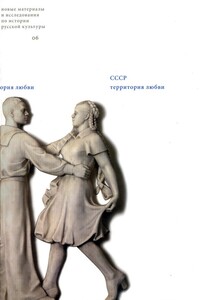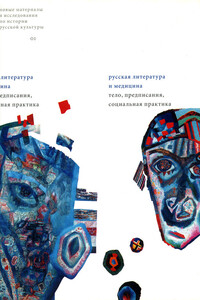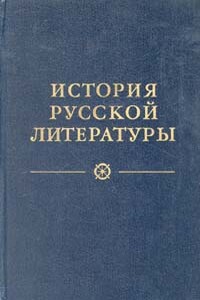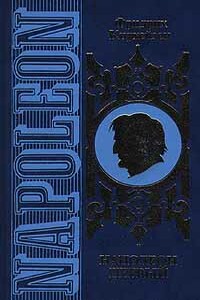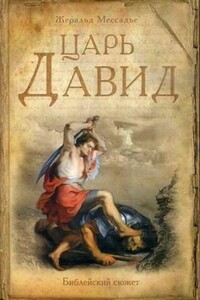И время и место | страница 87
And Baron Korf, as precise and unforgiving as Pushchin is generous, has this to say about Pushkin:
Easily enraged, with unbridled African passions (his heritage on his mother’s side), eternally preoccupied, eternally immersed in poetical daydreams, spoiled from childhood by the praise of flatterers that can be found in every circle, Pushkin neither as a schoolboy nor afterwards in society had anything appealing in his deportment… In him was no external or internal religion, no higher moral feelings. He even asserted a kind of bragger’s pride in the supreme cynicism he showed these subjects… and I do not doubt that for the sake of a caustic word he sometimes said even more and worse than he thought and felt.>5
As harsh as Korf’s appraisal is, there is also much truth in it, and when placed next to Pushchin s it affords us a rather accurate picture of how the adolescent Pushkin must have seemed to both well-wishers and to those he may have antagonized.
As is evident from these character sketches, Pushkin was in need of yet a third nickname: “Sem’ raz otmer’, potom otrezh’” (translation: “Measure Seven Times Then Cut,” or “Look Before You Leap”). How many times in later life he got himself in hot water by saying or doing something on impulse; the examples – insulting the principled Karamzin in a epigram, satirizing the powerful Uvarov as a gold-digger – are legion. At this stage, however, the consequences were less dire and often humorous. For example, one of the senior ladies in waiting to Alexander’s wife, the Empress Elizaveta Alekseevna, had a pretty maid, Natasha, and it was not long before Pushkin and his mates became infatuated with her. Once, as the boys were walking in smaller groups through the darkened palace corridor where the ladies’ chambers were located, Pushkin happened to be alone and heard the rustle of a dress nearby. He was certain it was Natasha. Without giving it a thought he rushed up and tried to embrace and kiss her, only to find out as the door suddenly opened that he had in his arms old Princess Varvara Volkonskaia She was insulted, Pushkin mortified. Soon thereafter the tsar himself was informed by the princess’s brother and called the Lyceum’s director, Egor Engelhardt, on the carpet. “What is going to come of this?” complained the sovereign. “Your schoolboys not only steal my ripe apples through the fence and beat the gardener’s watchmen, but now they also pester my wife’s maids of honor.”
